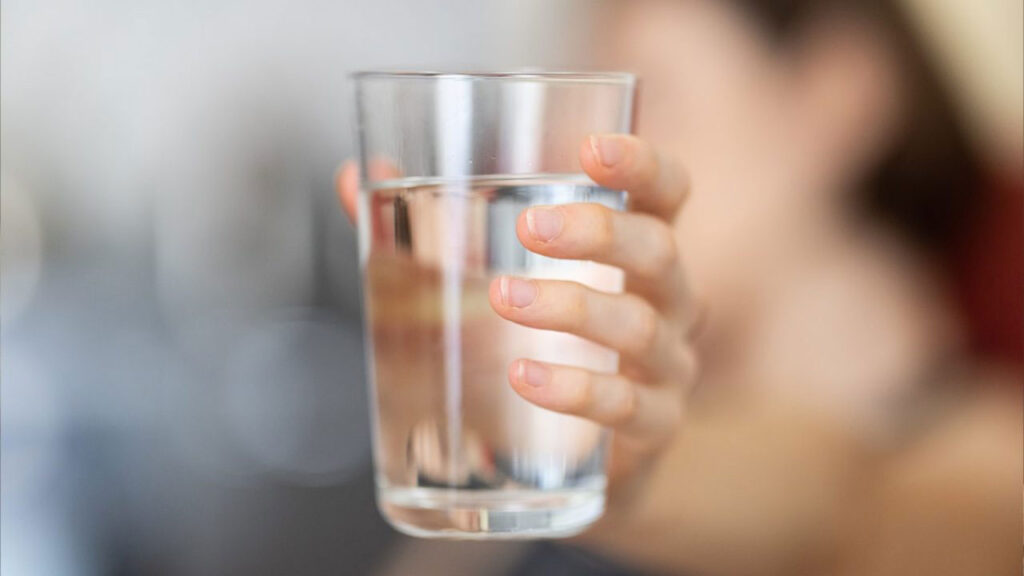It’s an unfortunate truth that most health-related things become more difficult as we age. We can hold some of it off with good nutrition and exercise, but the body does become worn over the years. In addition, problems like reduced mobility or increased risk of dehydration can actually make one another worse.
Let’s start with mobility and aging. We’re probably all aware that mobility-limiting conditions like arthritis are associated with age, but it doesn’t take a diagnosable condition to impact mobility. It can be a natural combination of factors like weakening muscles, poor balance and changes in how we walk.
Then there’s hydration. Older people have a much greater risk of dehydration, and it’s an issue that anyone who works in the care industry should be aware of. Aging leads to a natural reduction in the body’s water levels, which can be exacerbated by poor body temperature regulation as well as other conditions, such as diabetes.
So how are mobility and hydration linked? First, being mobile makes it easier to stay hydrated. Even simple acts like picking up a glass of water, bringing it to your mouth, drinking and swallowing involve a certain amount of mobility. Some older people may need assistive devices such as modified cups to help them drink or someone to hold the glass for them.
And hydration is important because, among other things, it improves physical health. If you want to exercise – which is one of the most important ways to try to maintain, if not improve mobility – you need to be properly hydrated. Improved cognition and better mood can also result from proper hydration, which can make it easier to embark on mobility exercises.
On the other hand, if you’re not drinking enough, you could experience some of the side effects of dehydration. These include headaches, dizziness, and even more serious medical conditions, such as infections and kidney problems, if it continues. None of this is going to help you exercise or improve your mobility.
Hydration doesn’t just have to involve water, although it is the most effective solution. Tea, coffee, and fruit juice can all contribute. Foods that are high in liquid, like some fruits and vegetables, can also play a role. If you want a life that’s not just long but happy, you should try to stay mobile, and that means you need to stay hydrated.




